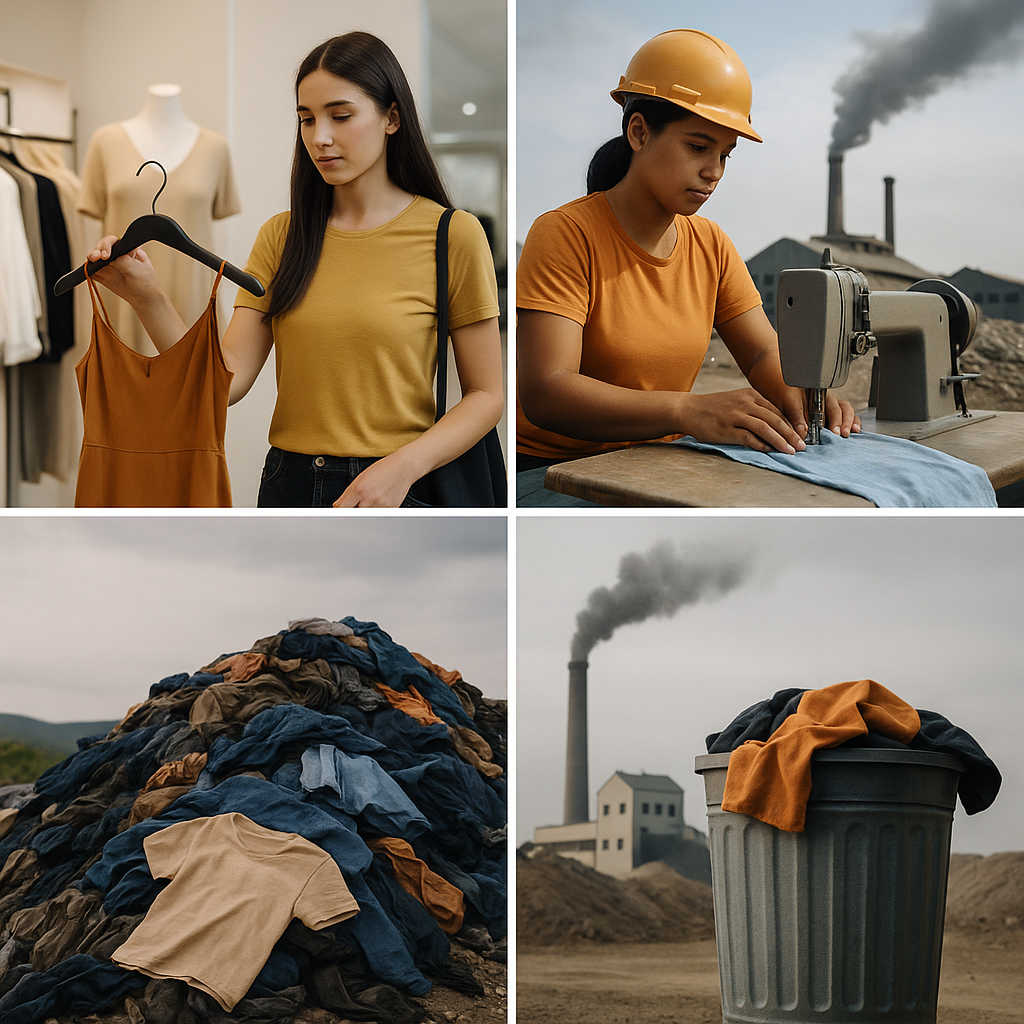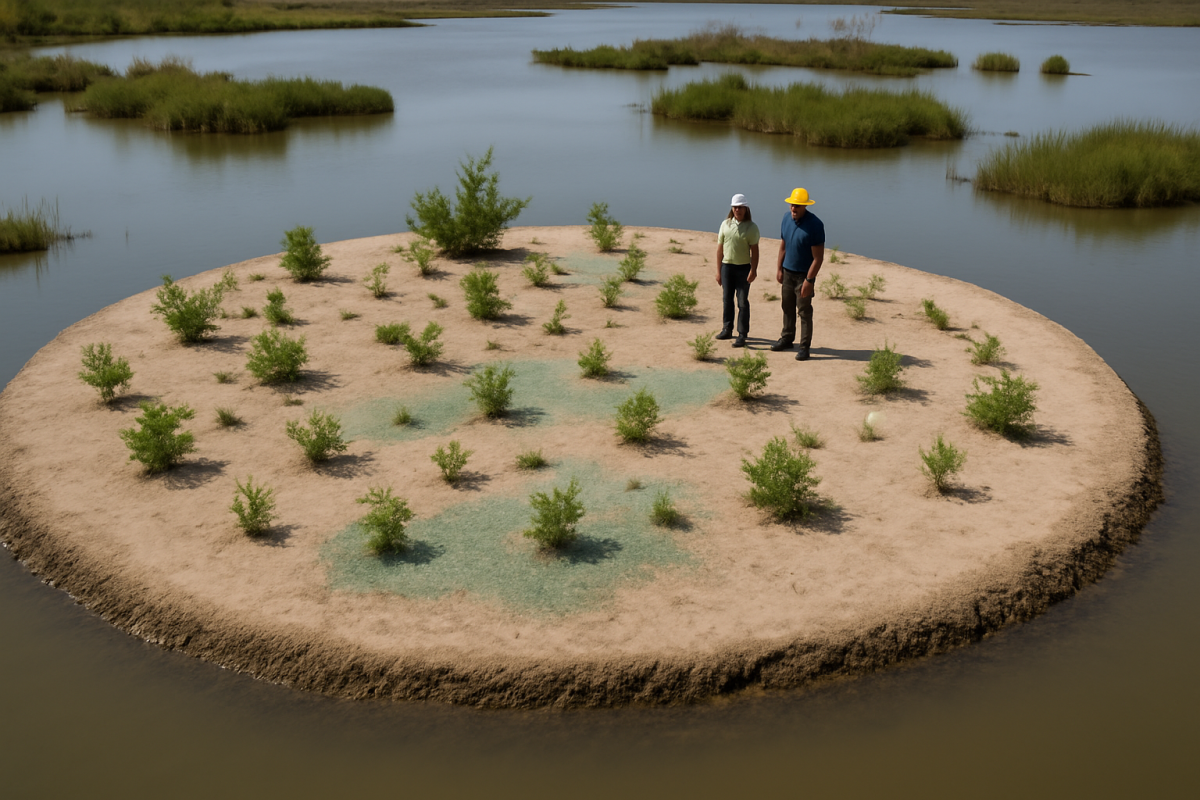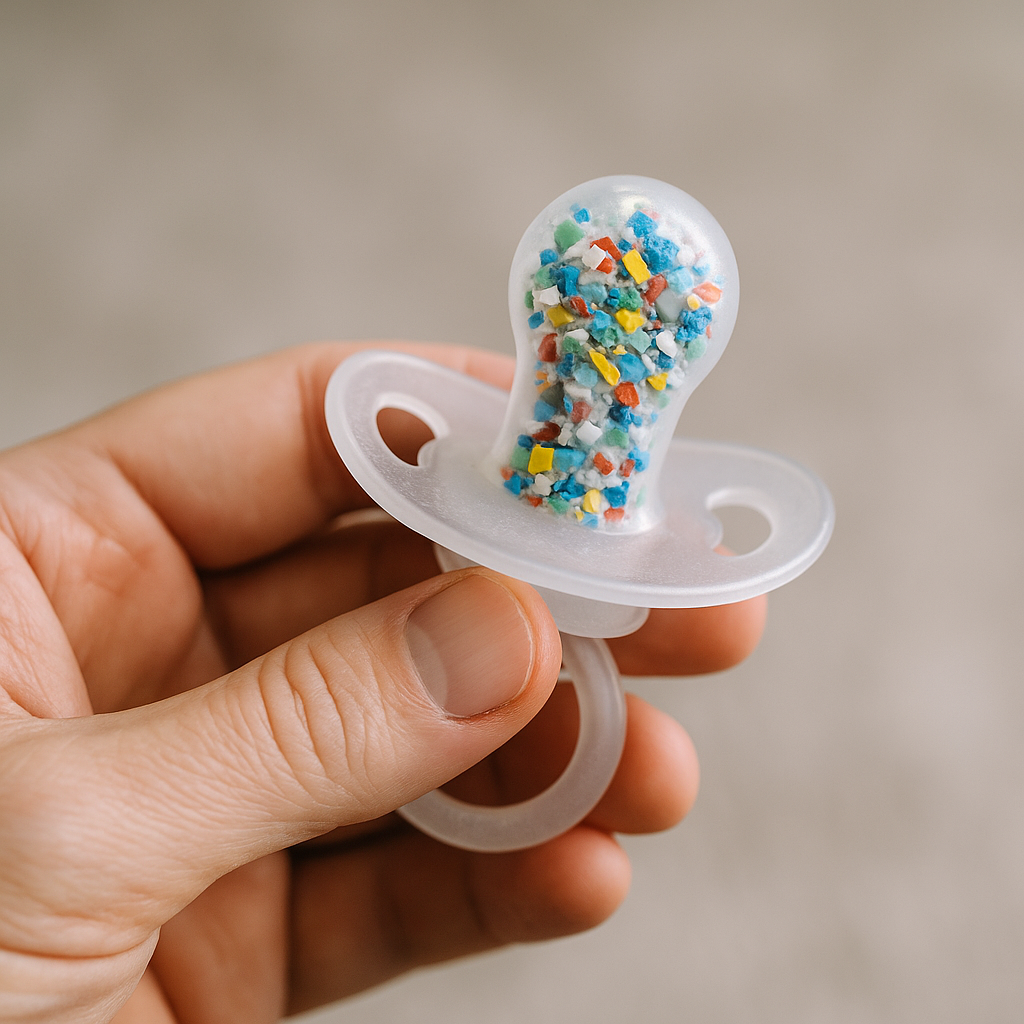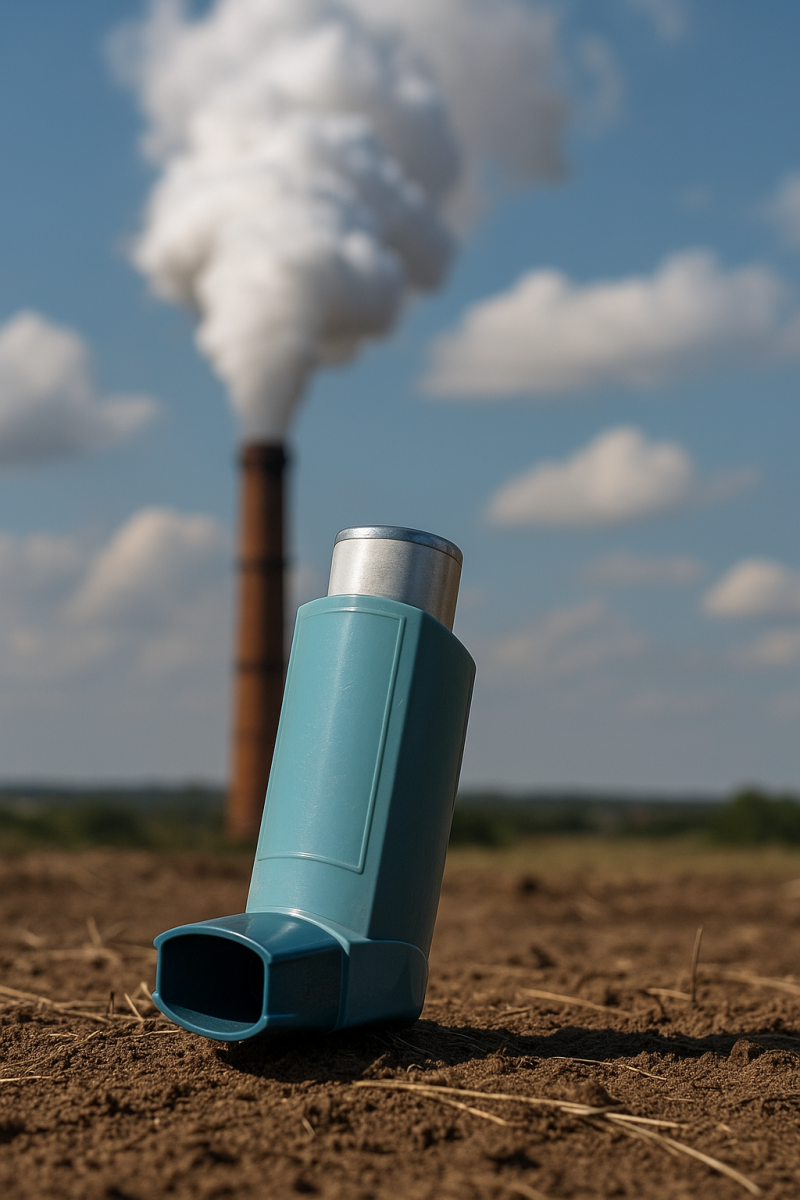Plastic is found in nearly everything these days. It is easy for the average person to overlook it, but researchers at NYU Grossman School of Medicine and NYU Langone Health wondered whether this widespread substance could harm human health and development. They studied the effects of everyday plastics on thousands of pregnant people, fetuses, infants and children and their findings were alarming.
Exposure to plastic has been linked to heart disease, asthma, infertility, obesity, learning disabilities and other chronic health issues. Everyday items such as toys, packaging, cosmetics, electronics and detergents all contain plastic. Over time, it breaks down into nanoparticles called microplastics. These particles are invisible to the naked eye and nearly impossible to destroy.
Humans unknowingly consume microplastics every day, and studies show that fetuses are exposed to them even in the womb. This early exposure is especially harmful during child development. Researchers have linked it to neurodevelopmental issues such as ADHD and lower IQ levels.
Plastic contains chemicals like phthalates and bisphenols. The immune system reacts to these substances, causing chronic inflammation and disrupting hormones. This affects how the body processes sugars and fats, increasing cellular stress and impacting overall health, quality of life and lifespan.
Experts say plastic-related illnesses could be reduced through stricter laws regulating how plastic is used, produced and disposed of. The Plastic Pollution Coalition reports that 99 percent of plastic is made from fossil fuels, meaning changes in production could also help combat climate change. Without intervention, plastic production is expected to triple by 2060.
Plastic pollution already harms wildlife. Thousands of seabirds, sea turtles and marine mammals die each year from ingesting or becoming entangled in plastic debris.
Although plastic is common in daily life, individuals can still make changes. Replacing plastic containers with glass or stainless steel, using cloth tote bags instead of single-use grocery bags, avoiding microwaving or dishwashing plastic dishes, and choosing sustainable toys made from wood or cloth can all help reduce exposure.


































